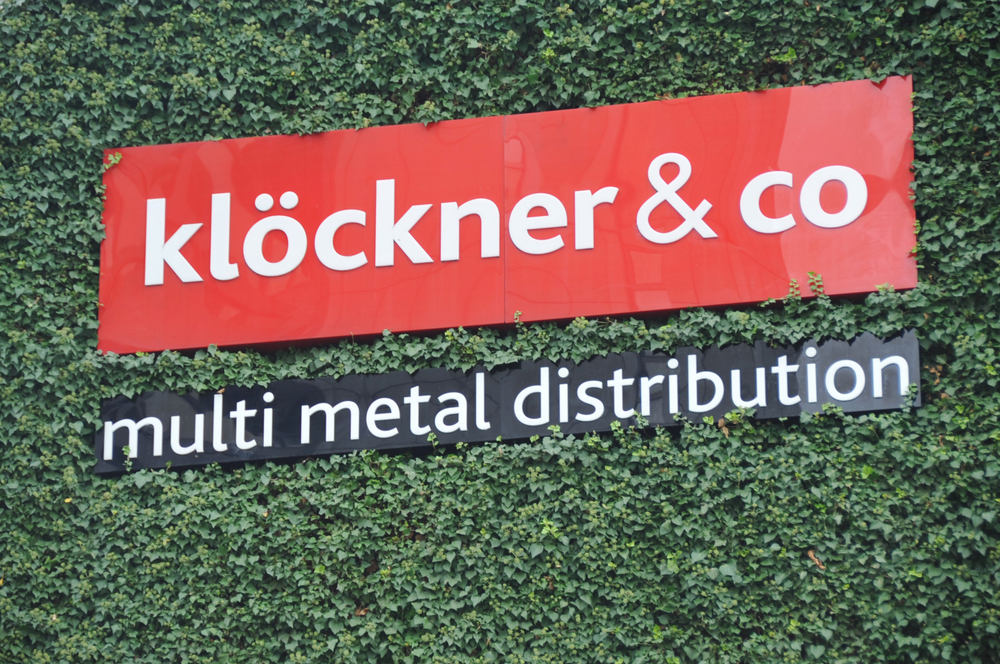German distributor and metal producer Klöckner & Co is optimistic about the second quarter, despite the challenging economic environment, and expects stable to slightly increasing shipments in the period, it said May 4.
The company also expects a considerable increase in sales in the quarter, “based on the steel price dynamics and significantly supported by the consistently executed margin-over-volume strategy and the disciplined inventory management,” it said in its first-quarter results statement.
The company will also continue to focus on the implementation of its new strategy and focus on green steel transformation.
The company made “great progress over the initial months of the year in the implementation of our Group strategy,” CEO Guido Kerkhoff said in the results presentation. “With the recognition of our net zero targets by the Science Based Targets initiative (SBTi), our new green steel categorization metric and a further acceleration of our digital transformation, we have put in place the key building blocks for the years ahead to lead Klöckner & Co into a sustainable and digital future.”
Klöckner & Co has become the first company in the world to have all net-zero carbon targets recognized as science-based targets in the standard validation process in accordance with the latest SBTi standards. It has also presented its own green categorization metric.
In the first quarter shipments stood at 1.3 million mt, down 2.3% year on year but up 13.4% from Q4 2021 due to seasonality and despite a consistent margin-over-volume strategy. The positive price development, especially in Europe but also in the US in connection with renewed supply tightness, drove sales to Eur2.4 billion in the first quarter, up from Eur1.5 billion in Q1 2021.
S&P Global Insight assessed hot-rolled coil in Northern Europe down Eur10 at Eur1265/mt ex-works Ruhr on May 3 on weak demand. Prices have weakened since the record high of Eur1,460/mt on March 14, but are still very high.
— Annalisa Villa






